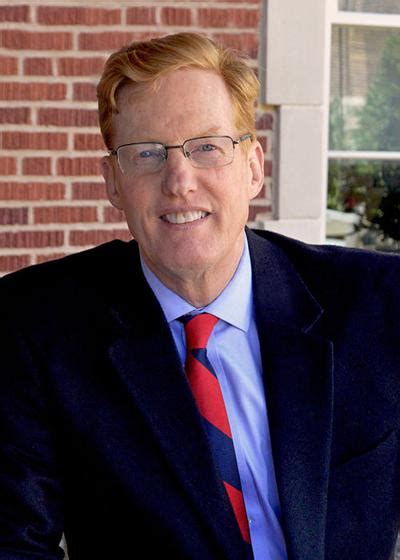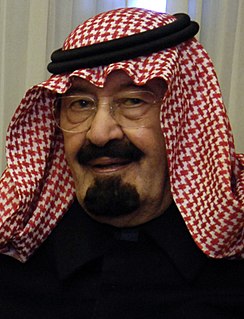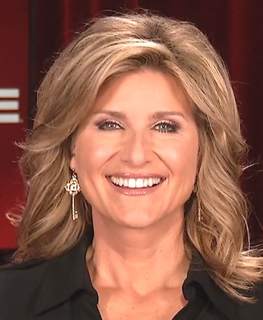A Quote by Donald Rumsfeld
If I look at the really important questions in [Middle East] region, I see Iran, where there is a strong desire for a freer society and where people are repressed by a small group of ayatollahs. I see Syria, where we can see a similar desire of the people to be free. These two countries fund Hezbollah and other terrorist organizations and are hurting our efforts in Afghanistan and have been extremely harmful in Iraq. Then I also see large, important countries such as Egypt and Saudi Arabia.
Quote Topics
Afghanistan
Also
Arabia
Been
Countries
Desire
East
Efforts
Egypt
Extremely
Free
Freer
Fund
Group
Harmful
Hezbollah
Hurting
Important
Important Question
Important Questions
Iran
Iraq
Large
Look
Middle
Middle East
Organizations
Other
Our
People
Questions
Really
Region
Repressed
Saudi
Saudi Arabia
See
Similar
Small
Small Group
Society
Strong
Strong Desire
Syria
Terrorist
Then
Two
Two Countries
Related Quotes
Sadly, a U.S. invasion of Iraq 'would threaten the whole stability of the Middle East' - or so Amr Moussa, secretary-general of the Arab League, told the BBC on Tuesday. Amr's talking points are so Sept. 10: It's supposed to destabilize the Middle East. The stability of the Middle East is unique in the non-democratic world and it's the lack of change in Iraq, Iran, Saudi Arabia, Syria, Egypt that's turned them into a fetid swamp of terrorist bottom-feeders.
New security architecture is being laid down in the Northern Middle East, Lebanon, Syria, Iraq, in which pro-Iranian governments are consolidating their grip on the territory and they're backed by Russia, to a large degree. And this has caused great grief and consternation in Saudi Arabia and amongst many of the United States' allies, Israel, the Gulf countries, Turkey, because they see this new architecture of security and Iranian influence and Russian influence as something that's very bad for them.
Countries such as Iraq, Iran, Libya and Syria, which support terrorist organizations and use terror to achieve their objectives, are precisely the same countries working tirelessly to acquire weapons of mass destruction. This combination creates a new dimension to the threat on our way of life in the 21st century.
If you want peace and well-being to be in place in the Middle East and you want terrorism to be uprooted, then there's no path other than the presence of the Islamic Republic of Iran, you saw that in Iraq, Syria, Lebanon and Yemen that the power that was able to help the people of Iraq, Syria, Lebanon and Yemen in the face of terrorist groups was the Islamic Republic of Iran.
After the revolution of 1979, Iran embarked on a policy of sectarianism. Iran began a policy of expanding its revolution, of interfering with the affairs of its neighbors, a policy of assassinating diplomats and of attacking embassies. Iran is responsible for a number of terrorist attacks in the Kingdom, it is responsible for smuggling explosives and drugs into Saudi Arabia. And Iran is responsible for setting up sectarian militias in Iraq, Pakistan, Afghanistan and Yemen, whose objective is to destabilize those countries.


































